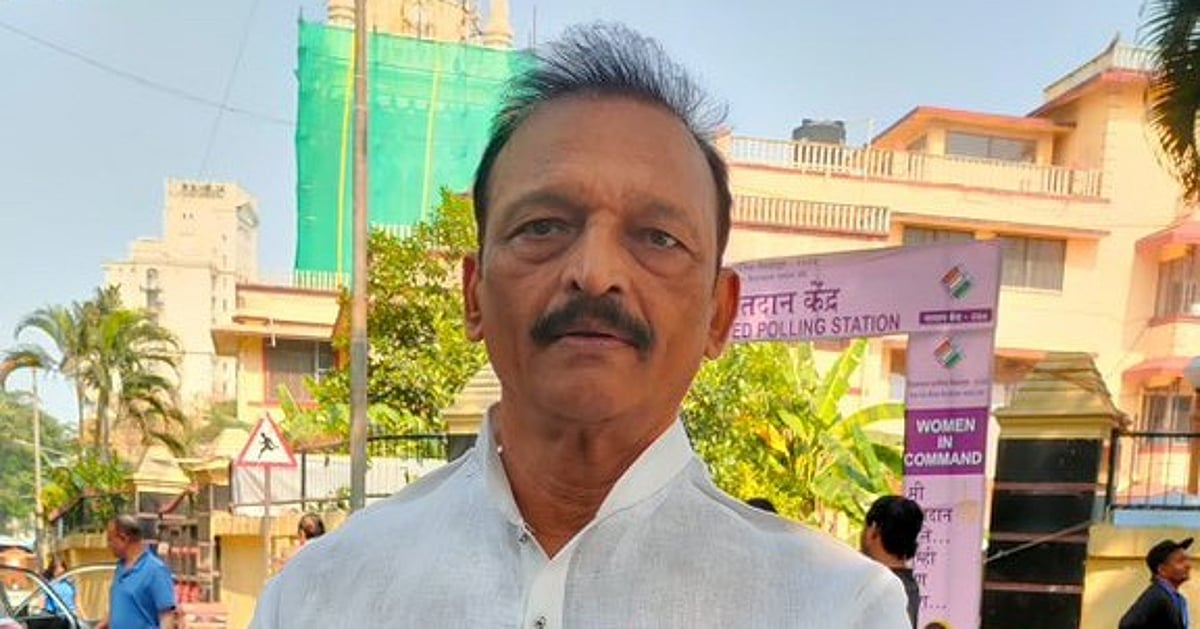 |
|
The upcoming Maharashtra Assembly Elections in 2024 are already proving to be a contentious affair, with recent comments from Congress leader Bhai Jagtap igniting a firestorm of controversy. Jagtap, the Congress Deputy Leader in the Legislative Council and a former Mumbai Congress President, unleashed a scathing attack on the Election Commission of India (ECI), referring to it as a 'dog' sitting outside Prime Minister Narendra Modi's bungalow. This inflammatory statement has raised significant questions about the relationship between the political parties and the independent electoral body, and highlights the increasing polarization of the political climate in India. The use of such strong and disrespectful language has drawn immediate criticism from various political quarters, sparking a debate on the decorum expected from public figures and the potential impact of such rhetoric on the electoral process itself. The statement's implications reach beyond mere political sparring; it speaks to deeper concerns about the perceived impartiality and independence of the ECI in the face of powerful political forces. This perceived bias, whether real or imagined, is a key element influencing public perception of the fairness and legitimacy of the electoral system itself.
Jagtap's remarks, while undoubtedly provocative, must be considered within the broader context of the ongoing political landscape in Maharashtra. The state is a crucial battleground for the upcoming elections, and the Congress party is likely facing significant challenges in securing its position. The comment can be interpreted as a strategic move to garner attention and rally support amongst party members and voters, potentially leveraging public dissatisfaction with the current government and the ECI. However, the choice of language and the intensity of his critique raise questions about the effectiveness of such tactics. While it may succeed in generating short-term media buzz and invigorating the party's base, it also runs the risk of alienating potential swing voters who may be put off by the inflammatory rhetoric. The long-term impact of such inflammatory statements on the party's electability is therefore uncertain, and a careful analysis of its consequences is needed.
The incident raises crucial questions about the role and responsibility of political leaders in maintaining a healthy and functioning democracy. The use of such disparaging language towards a constitutionally mandated independent body undermines public trust in the electoral process. It also sets a dangerous precedent, potentially normalizing disrespectful and divisive rhetoric in political discourse. The incident underscores the need for greater restraint and responsibility from public figures when expressing their views, particularly in the lead-up to important elections. It highlights the significance of promoting a civil and respectful political culture where criticism is constructive, and disagreements are expressed without resorting to personal attacks or inflammatory language. The incident also brings to the forefront the necessity of the ECI maintaining transparency and upholding its commitment to impartiality, thereby allaying any concerns of political bias. A robust and impartial election commission is essential for the credibility and stability of any democratic system, and incidents like these necessitate a careful examination of its functioning and public perception.
Further investigation is needed to understand the full context of Jagtap's statement and the specific grievances that led to his outburst. Did he have particular instances of alleged ECI bias in mind? Was his comment a spontaneous reaction, or part of a broader strategy to influence the electoral landscape? The responses from the ECI and other political parties will also be crucial in shaping the narrative surrounding this incident. How the ECI responds to the criticism will be closely observed, as its response will influence public perception of its impartiality and its ability to withstand political pressures. The reactions from other political parties will gauge the overall political climate and level of tolerance towards such rhetoric. The upcoming Maharashtra Assembly Elections 2024 will be a critical testing ground for the resilience of India's democracy and its ability to navigate the turbulent waters of partisan politics.
In conclusion, Bhai Jagtap's controversial statement regarding the Election Commission has sparked a debate about the role of political leaders, the impartiality of the ECI, and the overall state of political discourse in India. The incident serves as a cautionary tale, highlighting the importance of responsible political communication and the need for political leaders to exercise restraint even when expressing strong opinions. The incident also prompts a wider reflection on how to maintain a healthy democracy that is characterized by both vigorous debate and respectful political engagement.
